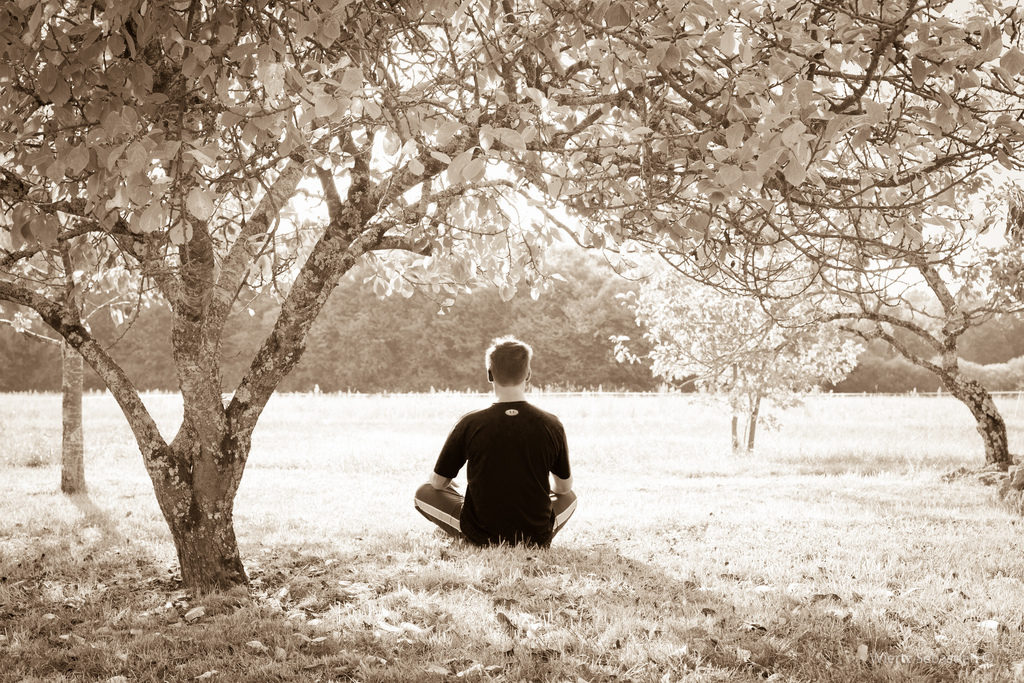A new study, published in Annals of Family Medicine, explores the effects of behavioral activation with mindfulness (BAM) on the treatment of subthreshold depression among adult patients. The results of the randomized control trial found BAM to be effective for decreasing subthreshold depressive symptoms and reducing incidences of major depressive disorder among patients.
“We have shown that BAM is a potentially feasible and efficacious intervention for reducing depressive symptoms and preventing major depression among people with subthreshold depression in primary care. As this intervention can be delivered by allied healthcare professionals with only about 1 week of training and can be implemented in primary care settings,” the researchers, led by Dr. Samuel Y.S. Wong, write.

Subthreshold depression has been associated with an elevated risk for the development of major depressive disorder and suicidal behaviors. “The incidence of major depressive disorder among people with subthreshold depression ranges from 8% to 47%. Strategies to prevent the onset of a major depressive episode can be highly effective,” the researchers explain. These clinically relevant symptoms that fail to meet criteria for diagnosis are often overlooked or classified as non-cases, which may obscure the fact that depressive symptoms are multi-dimensional.
A plethora of research has demonstrated the importance preventative measures have on reducing the incidence of major depressive disorder. While it may be difficult to provide preventative measures universally, those at high risk or who demonstrate subsyndromal symptoms are ideal candidates to receive this level of intervention.
Behavioral Activation (BA), a relatively uncomplicated, time-efficient treatment which instructs clients to monitor their mood and increase positive experiences. Past research has demonstrated that BA is effective in the treatment of depressive symptoms. Although the developers of BA suggest the use of mindfulness techniques, no comprehensive study to date has evaluated the effects this combined method has on depressive symptoms.
“Although behavioral activation is action oriented while mindfulness emphasizes the acceptance and awareness of present moment emotions, thoughts, and bodily sensations, the two can be complementary,” the researchers claim.
In a first attempt to examine the combined effects of a BA and mindfulness-based intervention on subthreshold depression, researchers of the current study designed the group-based Behavioral Activation with Mindfulness (BAM) program. The group met for two-hour sessions over eight consecutive weeks while a parallel control group received the usual care given to patients with subthreshold depression. Participants were assessed at the end of the intervention, and again at five and twelve months follow up.
At the end of the intervention, the researchers found the BAM group had significantly more favorable changes in depressive symptoms, the reduction of symptoms continued to be demonstrated at 5 and 12 months follow up. In addition, the BAM group reported higher quality of life and trends towards reduction in anxiety as compared to the control group.
“The combination of behavioral activation and mindfulness performed well in the prevention of major depressive disorder in our study: incidence in the BAM group was less than half that in the usual care group,” cited the researchers.
This study provides the first look at the combined intervention BAM, utilizing comprehensible and cost-effective strategies to reduce subthreshold depressive symptoms and prevent the development of major depressive disorder. This promising research supports the use of low-cost interventions of this nature in primary care settings, providing increased access and reducing the number of clinically relevant depressive disorder diagnoses.
****
Wong, S. Y., Sun, Y. Y., Chan, A. T., Leung, M. K., Chao, D. V., Li, C. C., … & Yip, B. H. (2018). Treating Subthreshold Depression in Primary Care: A Randomized Controlled Trial of Behavioral Activation With Mindfulness. The Annals of Family Medicine, 16(2), 111-119. (Link)















A very effective way to gain an improvement in depression is to find a very busy psychotherapist of any kind, of any ability or reputation., it doesn’t matter. What matters is that they are very busy people and have a long waiting list.
Numerous studies have demonstrated that being on a waiting list for psychotherapy for 6 months results in improvement outcomes that match the improvement outcomes of 6 months of therapy.
Report comment
Ugh! Some may find MI helpful. It makes me angry and depressed.
I have hated it after being forced to participate in “mindfulness meditation” for 2 hours at a time every Monday for 6 stinking months!
Report comment
how can the study demonstrate that any personal practice can prevent depression? has it found the cure for human greed, ego, power abuses? the unintended consequences of planned government policy? for media bias and control? for crushing school systems? for jobs and work that crushes daily, people into to a shadow of themselves, to mass debt? to poisoning food systems? to advertising….
Report comment
Excellent points! Mindfulness should be applied to individual spiritual growth. It should not be a substitute for or a distraction from the myriad causal factors in our society’s increasingly anxious and depressed population. It’s always easiest to make recommendations for the victims to change, so the victimizers can blame them for not “meditating more effectively” when they continue to find the current status quo soul-crushingly depressing.
Report comment